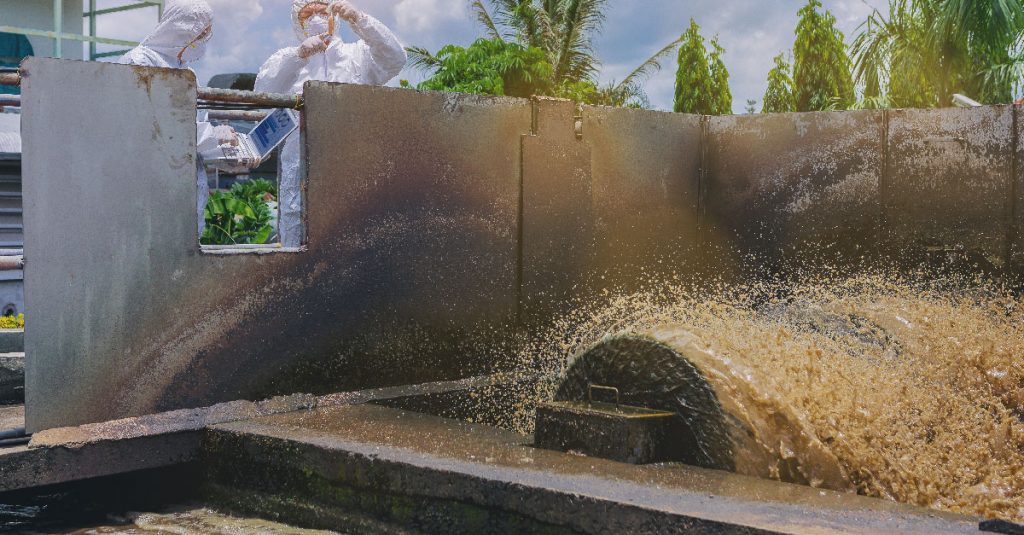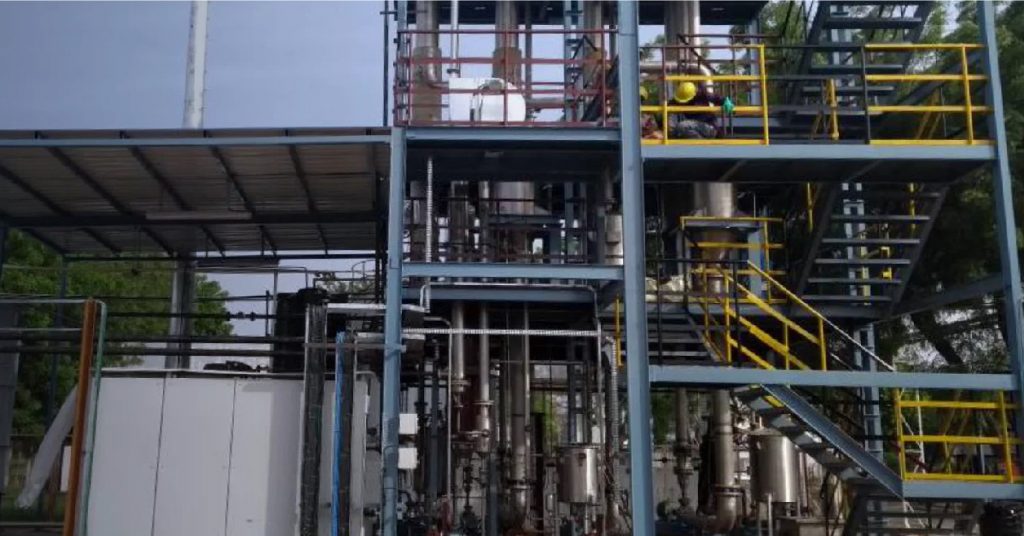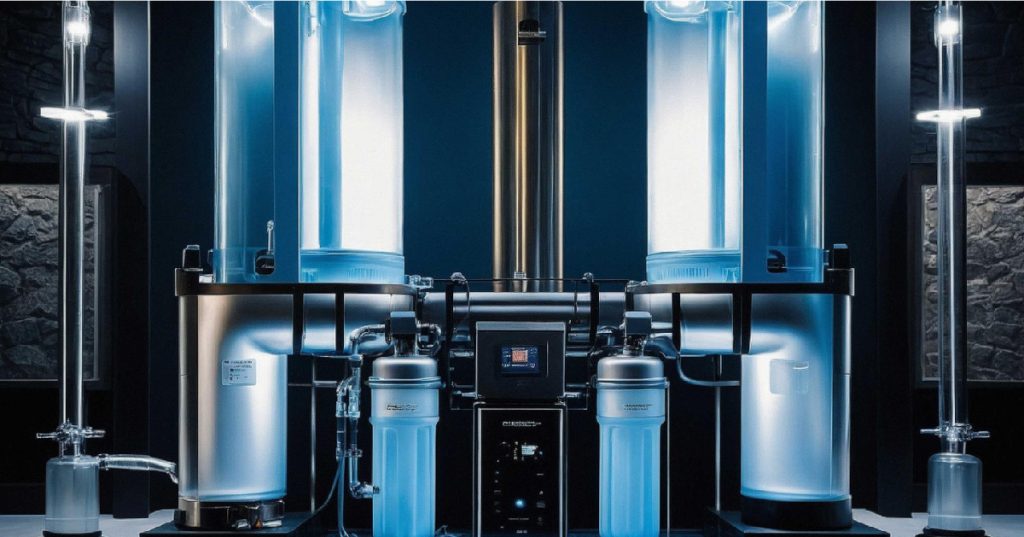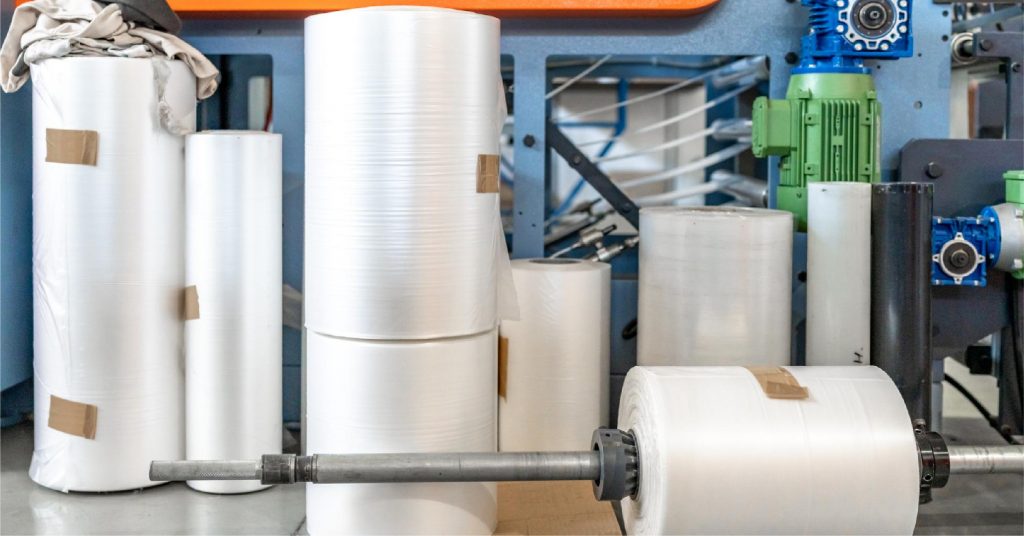Waste management is a critical concern globally, and in South Africa, the challenge is magnified due to rapid urbanization, industrial growth, and increasing environmental regulations. Among the numerous methods of waste treatment, sludge dewatering plays a pivotal role in wastewater management, providing a sustainable solution to handle sludge efficiently and cost-effectively. This blog delves into why sludge dewatering is vital for waste management in South Africa and how various techniques and equipment enhance its efficiency.
Table of Contents
ToggleUnderstanding Sludge Dewatering
Sludge dewatering is the process of removing water from wastewater sludge, reducing its volume and weight. This makes it easier to handle, transport, and dispose of or repurpose for other applications such as composting or energy production. By separating solids from liquids, sludge dewatering reduces the environmental impact and operational costs associated with waste management.
Key Methods and Systems in Sludge Dewatering
Several methods and systems are employed to achieve effective sludge dewatering. Each has unique advantages and applications, making it suitable for specific types of sludge and operational requirements.
- Sludge Dewatering Machines: These machines are designed to automate the dewatering process, providing consistent and efficient results. They are particularly useful in large-scale operations, such as municipal wastewater treatment plants and industrial facilities, where the volume of sludge is significant.
- Sludge Dewatering Bag Systems: A popular choice for smaller-scale operations, these systems utilize geotextile bags to filter out water while containing solid waste. They are easy to install, require minimal maintenance, and are cost-effective, making them an ideal solution for remote or resource-limited areas.
- Decanter Sludge Dewatering: This technique involves the use of a decanter centrifuge, which applies centrifugal force to separate solids and liquids. It is highly effective for sludge with a high water content and offers the advantage of continuous operation, making it a preferred choice for industries with stringent efficiency requirements.
- Sludge Dewatering Belts: Belt filter presses are another widely used method, especially for municipal and industrial wastewater treatment. They use a series of belts to compress the sludge and extract water. These systems are known for their reliability and ability to handle large volumes of sludge.
- Sludge Dewatering Calculations: Proper calculations are essential for optimizing the dewatering process. Factors such as sludge type, desired dryness, and equipment specifications must be carefully considered to ensure efficiency and cost-effectiveness.
The Importance of Sludge Dewatering in South Africa
South Africa faces unique challenges in waste management due to its diverse topography, varying industrial demands, and water scarcity. Sludge dewatering addresses several critical issues in the country’s waste management landscape:
- Reducing Environmental Impact: By minimizing the volume of waste, sludge dewatering significantly reduces the environmental footprint associated with sludge disposal. Properly dewatered sludge is less likely to cause leachate contamination or emit harmful gases during decomposition.
- Promoting Resource Recovery: Dewatered sludge can be repurposed for beneficial uses, such as agricultural fertilizer, biogas production, or building materials. This aligns with South Africa’s sustainability goals and contributes to a circular economy.
- Enhancing Wastewater Treatment Efficiency: Wastewater treatment sludge dewatering ensures smoother operation of treatment plants by preventing excessive accumulation of sludge. This improves overall plant efficiency and reduces operational costs.
- Complying with Regulations: South Africa has strict regulations regarding waste disposal and water quality. Effective sludge dewatering helps facilities meet these requirements, avoiding penalties and fostering community goodwill.
Choosing the Right Sludge Dewatering Solution with Ion Exchange
Ion Exchange, a leader in water treatment technologies, plays a crucial role in wastewater treatment sludge dewatering in South Africa. They utilize advanced technologies with resource recovery to promote sustainable solid waste management. Their Integrated Waste Management System efficiently treats chemical, biological, and oily sludge generated during various waste treatment processes.
Additionally, Ion Exchange offers customized and pre-designed waste-to-energy plants, leveraging cutting-edge technology to convert municipal solid waste and sludge into clean water, energy (heat and power), and organic fertilizers. By doing so, they adhere to the principles of the circular economy, ensuring that waste is repurposed into valuable resources, contributing to a more sustainable future. Our range of products includes:
Conclusion
Sludge dewatering is a vital aspect of wastewater treatment, enabling efficient sludge management and resource recovery. With advanced techniques such as sludge dewatering belt systems, decanter sludge dewatering, and bag systems, South Africa can address its water management challenges effectively.





